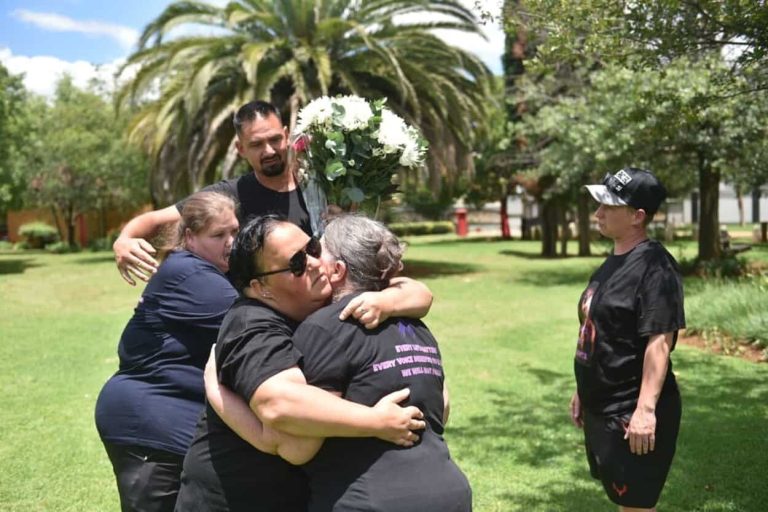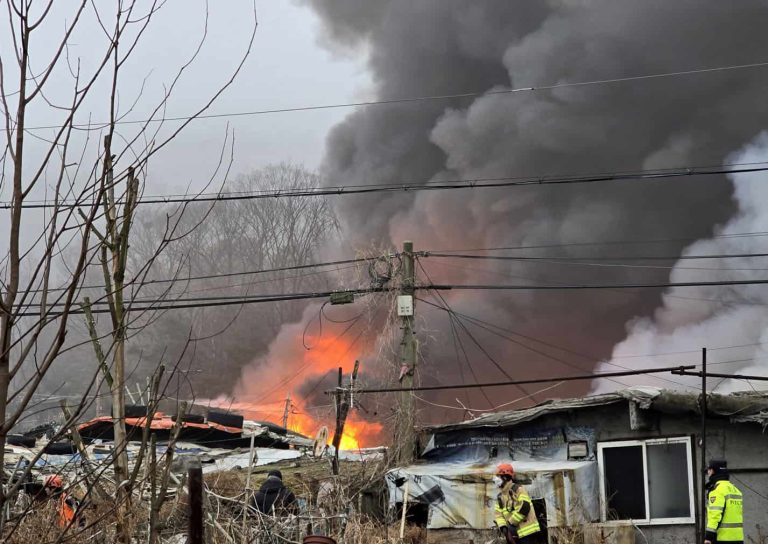

A Senior Advocate of Nigeria, Adeboro Adams, has said that while Nigerians have a constitutional right to protest peacefully, such protests must be carried out within the limits prescribed by law and in line with court orders.
Speaking on ARISE Newson Monday, Adams said the Nigerian Constitution guarantees both freedom of expression and assembly, which together imply the right to protest.
“By virtue of Sections 39 and 40 of the 1999 Constitution, Nigerians have freedom of expression and freedom of assembly,” Adams explained. “Invariably, that extends to the freedom to protest. This position has been validated by our courts. However, that right is not absolute. It must be exercised peacefully and within the parameters allowed by law.”
Adams said the police acted within their powers in enforcing a court order restricting protesters from marching through certain areas of Abuja, including the Force Headquarters, the Court of Appeal, the Presidential Villa, and the Three Arms Zone.
“The Public Order Act gives government and law enforcement the authority to regulate the location and manner of protests,” he said. “All over the world, people gather in specific areas to make their demands known to government. So, if a court directs protesters to avoid certain places, that in itself is lawful.”
However, Adams cautioned that the right to regulate protests does not extend to the use of violence or excessive force against peaceful citizens.
“If the police attack protesters outside the restricted areas, then they have violated the law,” he said. “When there is wrong, there must be a remedy. Protesters who are unlawfully attacked have every right to seek redress in court.”
He further explained that a protest ceases to be peaceful when it disrupts public order or infringes on the rights of others.
“Your right to protest is not absolute,” he noted. “Where your right hampers the rights of others, law enforcement can intervene. A peaceful protest must be orderly and lawful — not one that turns into a nuisance to neighbours or disrupts public peace.”
Adams questioned the timing of the latest protests demanding the release of IPOB leader Nnamdi Kanu, saying there was no justification for street action while the matter remains before the court.
“The matter is still in court,” he said. “The prosecution has closed its case, and the defence has filed a no-case submissionl which was dismissed. The case has been adjourned for the defence to open. Why are we in a hurry? Allow the court to conclude the process. After judgment, there is still a right of appeal up to the Supreme Court. Justice is not about speed alone — sometimes patience is part of justice.”
He urged Nigerians to exhaust all legal avenues before resorting to street protests.
“Why don’t we allow the courts to finish their work?” he said. “If you are not satisfied with the outcome, you can appeal. But it is wrong to intimidate the judiciary through public demonstrations while a case is ongoing.”
Adams also called on activists to avoid frivolous applications that could delay judicial proceedings, saying such tactics often prolong the quest for justice.
“If you want speedy justice, stop filing unnecessary applications,” he said. “Justice delayed can be frustrating, but sometimes it is caused by the very parties demanding urgency.”
Reacting to reports that protesters were attacked and tear-gassed even outside the restricted zones, Adams maintained that such an act, if confirmed, would be illegal.
“If protesters were attacked in areas not covered by the court order, then the police violated the law,” he said. “They can go to court to seek remedy. But if they were within the restricted areas, they have no such protection.”
He said his coalition would forward evidence of the alleged plan to the Department of State Services (DSS), the Nigeria Security and Civil Defence Corps (NSCDC), and the Inspector General of Police (IGP) for investigation.
“We are going to ensure that the law takes its course,” he stated. “The DSS and the IGP must look into this. We need to have a lawful society.”
“The right to protest,” Adams concluded, “must never become a licence for anarchy. The law protects freedom, but freedom must operate within the law.”
Boluwatife Enome



